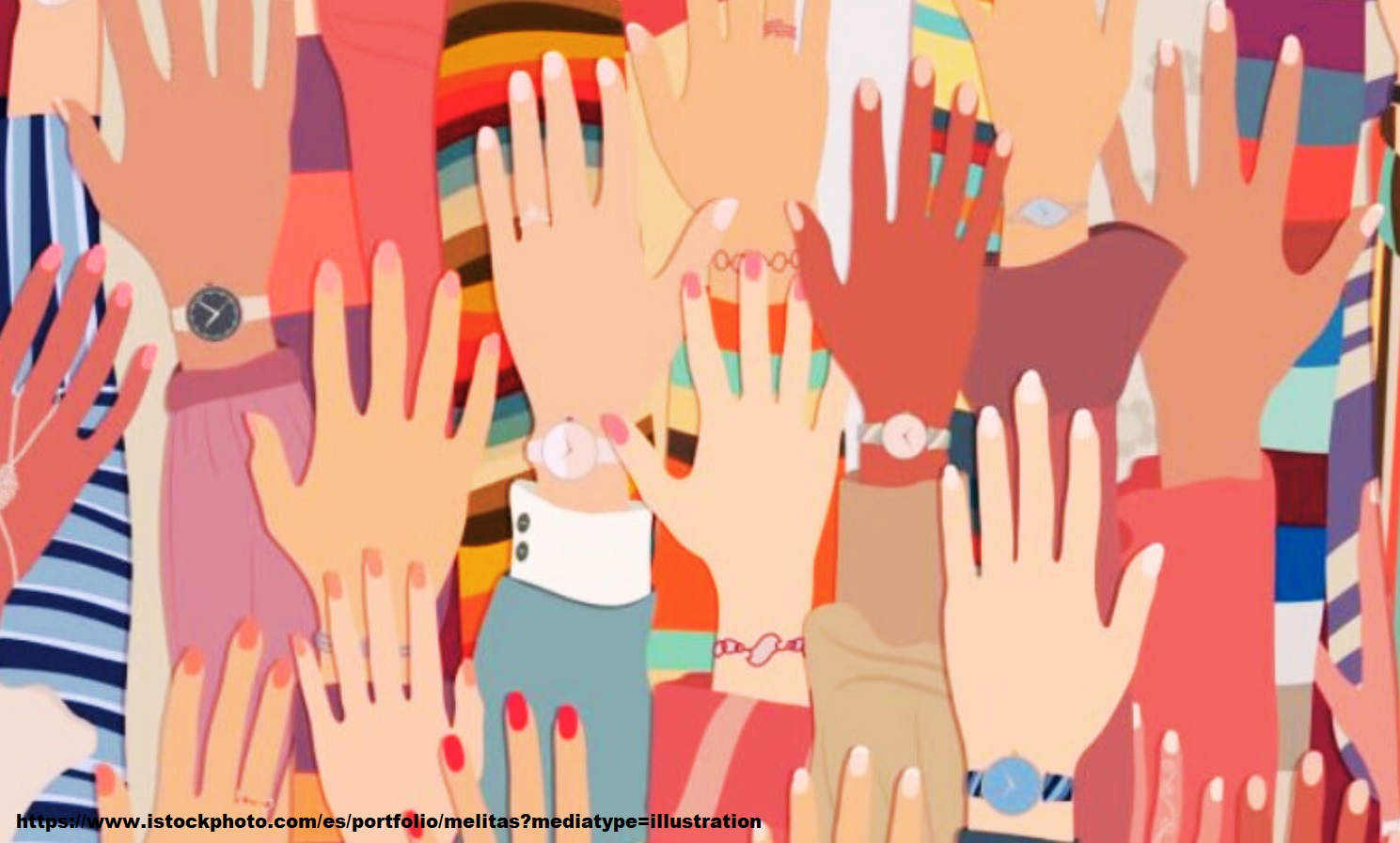Weaving gender, embroidering the Queer-po: The textile archive in muxe identity
DOI:
https://doi.org/10.54103/2035-7680/23582Keywords:
muxe; textile archive; third gender; queer; Zapotec cultureAbstract
In recent years, the muxe identity has been gaining visibility in the city of Juchitán—in the Isthmus of Tehuantepec in the Mexican state of Oaxaca. Even before recent gender theories were disseminated, the muxe, people born with masculine attributes who assume feminine roles, have always been aware of belonging to a cultural expression outside the normative canons. Not necessarily self-perceived as transgender women and even less as members of a “third gender”, the muxe form a unique linguistic-aesthetic-cultural ecosystem that exists only in the Zapotec communities of the Isthmus. Persecuted by macho violence, the muxe struggle to break the stereotypical image of the feminine in which patriarchal society continues to confine them. Excluded from the labour market, many of them can only dedicate themselves to the embroidery of traditional gowns, the making of which has become a deeply identifying act that, on the one hand, recovers their indigenous roots and, on the other one, reaffirms their individuality as women. The legacy of pre-Hispanic craftsmanship and contemporary forms of queer corporeality find in the bright colours of the huipiles a textile archive in movement that, from the indigenous past, has been weaving, thread after thread, a history of struggles and rights.
Metrics
References
Arias, Patricia. “El viaje de los huipiles. De Juchitán a los Altos de Jalisco.” Nueva antropología, vol. 29, núm. 85, 2016, pp. 11-30.
Avendaño, Lukas. “Una aproximación a la muxeidad. Queer: no. Queer-po muxe: sí.” Goethe-Institut Mexiko, 2019. <https://www.goethe.de/prj/hum/es/gle/21587404.html> Consultado el 23 dic. 2023.
Bennholdt-Thomsen, Verónica, coordinadora. Juchitán, la ciudad de las mujeres. Instituto Oaxaqueño de las Culturas, 1997.
Bourriaud, Nicolás. Radicante. Adriana Hidalgo Editora, 2009.
Butler, Judith. Cuerpos que importan: sobre los límites materiales y discursivos del “sexo.” Paidós, 2002.
---. Deshacer el género. Paidós, 2006.
---. El género en disputa. El feminismo y la subversión de la identidad. Paidós, 2007.
Caparrós, Martín. “Muxes de Juchitán.” Antología de la crónica latinoamericana actual, editado por Darío Jaramillo Agudelo, Alfaguara, 2012, pp. 65-77.
Coll-Planas, Gerard. La carne y la metáfora. Una reflexión sobre el cuerpo en la teoría queer. Egales, 2016.
De Avila, Alejandro. “Hebras de diversidad. Los textiles de Oaxaca en contexto.” El hilo continuo. La conservación de las tradiciones textiles de Oaxaca, editado por Kathryn Klein, Getty Conservation Institute, 1997, pp. 87-152.
Gómez Suárez, Águeda. “Tercer género y etnicidad en América Latina.” Diversidad sexual en Iberoamérica, editado por José María Valcuende del Río et al., Anconcagua Libros, 2013, pp. 27-49.
Gómez Suárez, Águeda, y Marinella Miano Borruso. “Dimensiones simbólicas sobre el sistema sexo/género entre los indígenas zapotecas del Istmo de Tehuantepec (México).” Gazeta de Antropología, núm. 22, 2006.
Guerra, Elvis. Ramonera. Letraversal, 2020.
---. Conversación con la autora, 2022. Entrevista no publicada.
Klein, Kathryn, editora. El hilo continuo. La conservación de las tradiciones textiles de Oaxaca. Getty Conservation Institute, 1997.
Lozano, Brenda. Brujas. Alfaguara, 2020.
Miano Borruso, Marinella. “Género y homosexualidad entre los Zapotecos del Istmo de Tehuantepec: el caso de los Muxe.” IV Congreso Chileno de Antropología, Colegio de Antropólogos de Chile A. G, Santiago de Chile, 2001, pp. 6
---. Hombre, mujer y muxe' en el Istmo de Tehuantepec. CONACULTA – INAH, 2002.
Newbold Chiña, Beverly. Mujeres de San Juan. La mujer zapoteca del Istmo en la economía. SEP, 1975.
---. The Isthmus Zapotecs. A matrifocal cultural of México. California State University, 1992.
Postrel, Virginia. El tejido de la civilización. Cómo los textiles dieron forma al mundo. Siruela, Edición en formato digital, 2021.
Downloads
Published
How to Cite
Issue
Section
License

This work is licensed under a Creative Commons Attribution-ShareAlike 4.0 International License.




